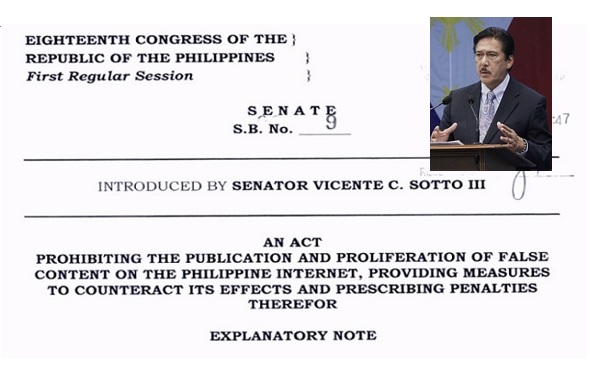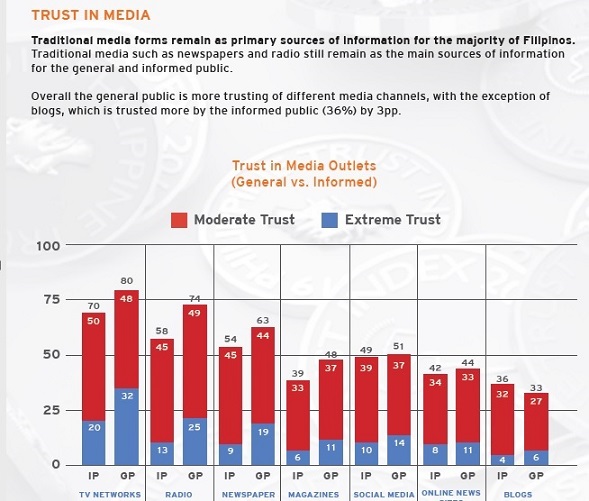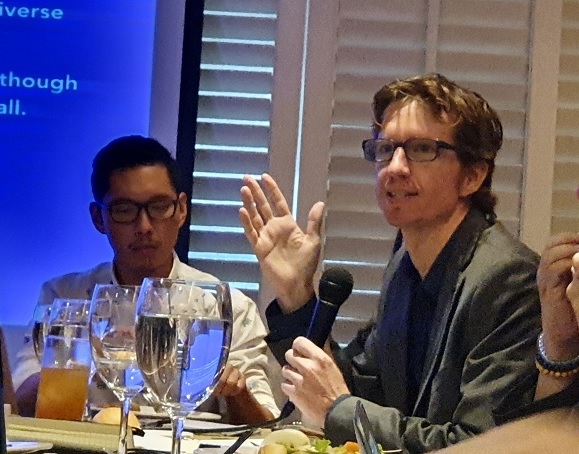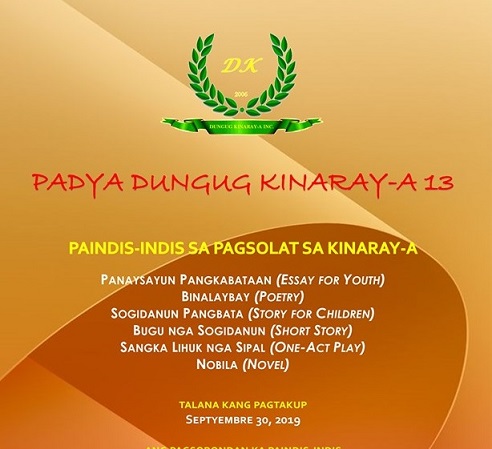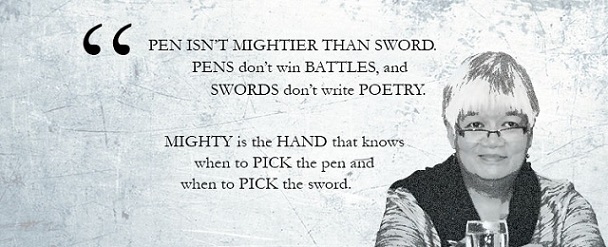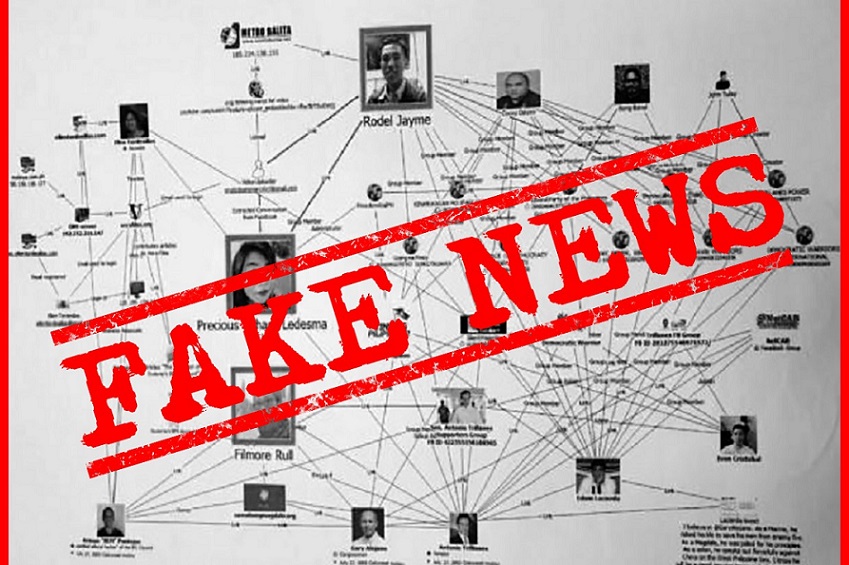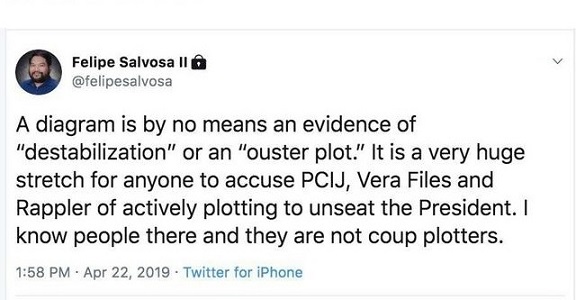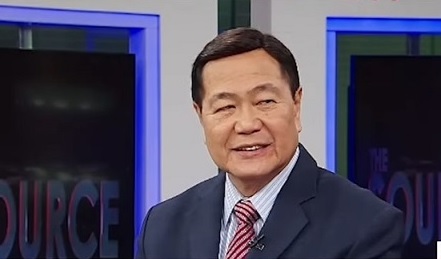
(The following piece was my remarks during the testimonial dinner given last Oct. 29 by some members of media for Senior Associate Justice Antonio T. Carpio, who retired Oct. 30, 2019, at the Manila House in BGC. Disclosure:I’m a trustee of VERA Files.)
Sometime ago, Justice Carpio had a lecture on West Philippine Sea at the UST. Charmaine Deogracias of NHKTV, Dana Batnag of Jiji Press and I called up his office to ask if we could attend and we were told our names will be submitted to the organizer as his guests. So, off we went.
Charmaine arrived first and as instructed, she said, “Guest of Justice Carpio.” The guard asked for her ID and she showed her Press ID. She was told that Media is not allowed and was told to go to the University’s Public Affairs Office.
A staff in UST’s Public Affairs Office said a media request to attend a forum at UST will have to be approved by the higher-ups and that will take time. Taking pity on Charmaine, she smuggled her to the auditorium through a side door. Charmaine then texted us not to tell the guard we are “Media.” Just “guest of justice Carpio.”
New lawyer Dana arrived in denims and backpack and informed the guard “guest of Justice Carpio.” The guard asked, “Are you from media?” Dana said, “No” and showed her IBP ID. She was let in.
I was the last to arrive, wearing a dress. The guard asked me, “IBP ka rin?” I was tempted to say “Yes” but that would be misrepresentation. The guard might also ask for an IBP ID. With emphasis, I said, “Guest of Justice Carpio.” And I was let in.
One has to be resourceful to get to a lecture by Justice Carpio.
